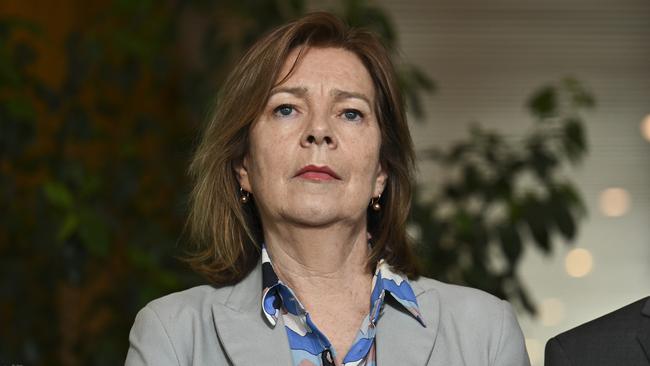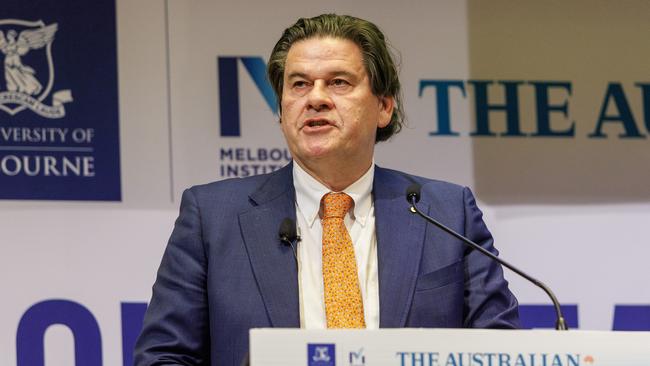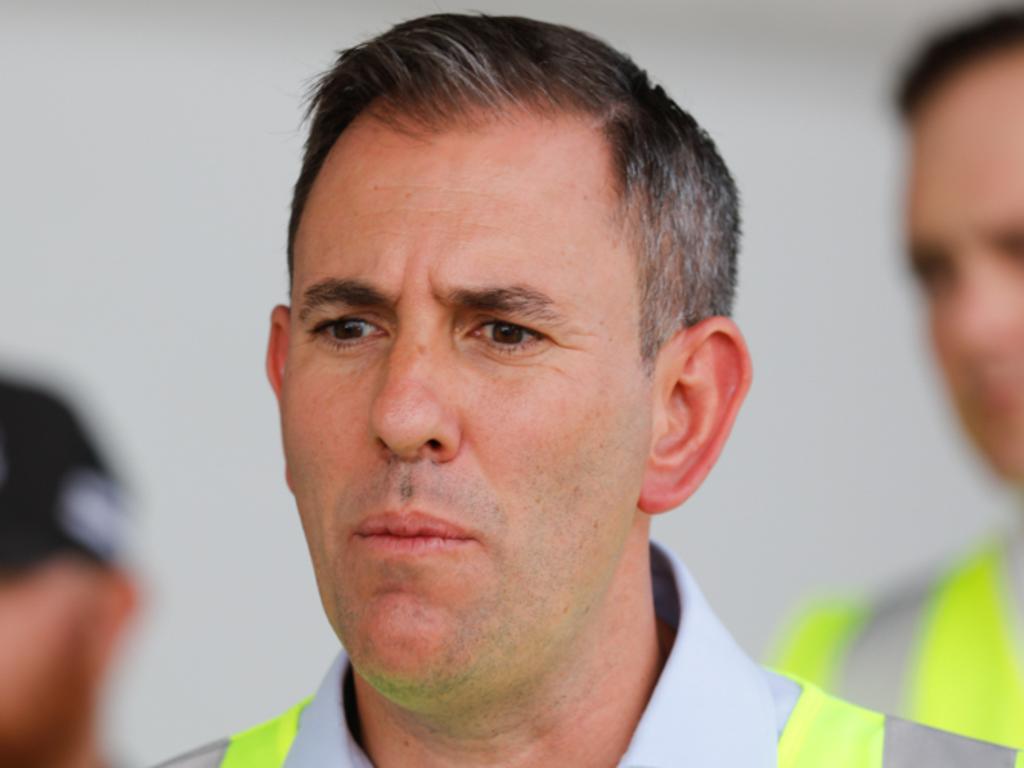Employers, unions clash over non-compete clause ban
Business warns the budget ban on non-compete clauses will discourage hiring and increase litigation.

Business groups and unions have clashed over Labor’s ban on non-compete clauses applying to low- and middle-income earners, with employers warning the move will lead to litigation when companies seek to protect their intellectual property and customer base.
ACTU president Michele O’Neil accused employers of resorting to a “fear-mongering playbook” and wanting to keep workers trapped in low-paid jobs.
The ban from 2027 will apply to employees earning below $175,000, and is designed to ensure they are freed to move to better, higher-paying jobs.
Jim Chalmers said more than three million workers were captured by the clauses, including childcare and construction workers and hairdressers.
Ahead of the ban, the government will consult on exemptions, penalties and transition arrangements, and also consider action relating to non-compete clauses for high-income workers.
Australian Industry Group chief executive Innes Willox said the “deeply concerning” ban would be a disincentive to hire, train and upskill workers.

“It will undoubtedly lead to the difficult renegotiation of employment contracts and litigation where employers will seek to protect their intellectual property and customer base built up over years of risk and effort, which will now be threatened,” he said.
Accusing unions of successfully demonising the clauses, Australian Chamber of Commerce and Industry chief executive Andrew McKellar said employers were disheartened by the “heavy-handed” proposal.
“Currently, enforcement of non-competes is conducted by the courts on a case-by-case basis, which is appropriate to consider all relevant circumstances,” he said. “Business understands that the courts get this right – regulatory limitations are a discredit to the practices of the judiciary.”
Michael Byrnes, partner at law firm Swaab, said the high income threshold was a sensible, if imperfect, way of establishing the workers to whom the clauses not apply as those employees were generally unlikely to have had access to confidential information or customer connections.
But Mr Byrnes said there was “a missionary zeal behind these reforms that might mean the ban extends to all employees, even senior executives with substantial access to confidential information and customer connections”.

“Liberating chief executive officers to work for their direct competitors the day after their employment ends seems like an odd policy hill to die on, but that seems to be where this is heading,” he said.
Ms O’Neil said the employer opposition showed “they don’t actually care about productivity if it means higher wages for Australians”.
“Whenever workers win stronger rights to earn more money and live a better life, Peter Dutton and his big business mates use the same fear-mongering playbook,” she said. “Trapping working people in lower-paid jobs is not only bad for people’s wages and the cost of living, it’s also a handbrake on our economy.”
Business Council of Australia chief executive Bran Black said his members would have preferred the government seek to educate the community about the clauses, rather than ban them.
“Education with respect to what rights and responsibilities are, both for employers and for employees,” he told ABC radio.
“There is already a very substantial body of case law that says what you can do and what you can’t do. The problem is people don’t know about that.
“So we would say, rather than go to the extreme of regulating, which has the impact of potentially discouraging employers from bringing on new workers, take the approach of educating first, seeing if we can provide some type of public service in relation to websites or phone-in lines and so forth, seeing what the effect of that is, before we take the additional step of imposing what is effectively an arbitrary regulation.”








To join the conversation, please log in. Don't have an account? Register
Join the conversation, you are commenting as Logout